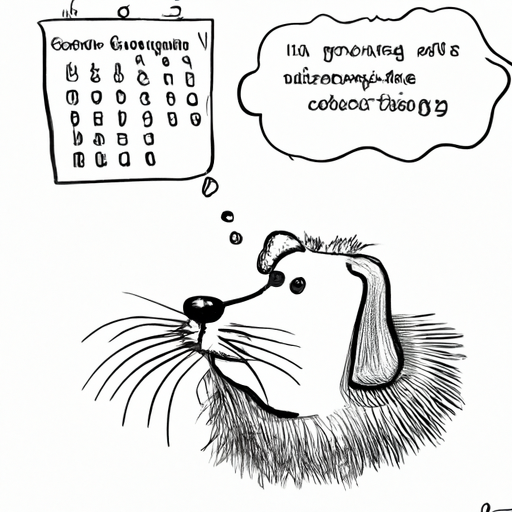Understanding the Phenomenon of Dog Shedding
You might have noticed, particularly if you’re a dog owner, that dogs shed their fur, sometimes in copious amounts. You might be wondering why this occurs. Is it natural? Does it symbolize some underlying health issue? Here’s the thing – it’s completely natural for dogs to shed. It’s how they renew their fur and maintain an optimal body temperature. However, the degree to which they shed can depend on various factors, such as their breed, health, and the season.
The Biological Mechanisms Behind Dog Shedding
Dogs, like all mammals, have a natural cycle of hair growth and shedding. Here’s a brief overview of the process:
- Anagen Phase: This is the growth phase where new hair is produced.
- Telogen Phase: This is the resting phase where no new hair grows.
- Exogen Phase: The old hair is released and shed to make room for new growth.
This cycle is influenced by several factors such as daylight exposure and hormones, which is why the shedding can be seasonal.
Factors That Influence the Amount of Shedding
Several factors can influence the amount of fur your dog sheds. Let’s take a look at some of them:
- Breed: Some breeds are ‘heavy shedders’ like Labrador Retrievers and Siberian Huskies, while others like Poodles and Bichon Frises, shed less.
- Season: Dogs typically shed more during spring and fall, preparing for the summer and winter respectively.
- Health: Illness, stress, or nutritional deficiencies can cause excessive shedding.
Managing Your Dog’s Shedding
While you can’t stop a dog from shedding, there are ways to manage it:
- Regular Brushing: This helps remove loose fur and keep it from ending up all over your home.
- Proper Nutrition: A balanced diet can promote healthy skin and fur, reducing excessive shedding.
- Regular Vet Check-ups: These can help detect any underlying health issues that might be causing excessive shedding.
FAQs
Q: Do all dogs shed?
A: Yes, all dogs shed to some degree, though the amount and frequency can vary greatly.
Q: Can diet affect shedding?
A: Absolutely. A diet lacking in essential nutrients can lead to unhealthy skin and fur, resulting in more shedding.
Q: Is excessive shedding a sign of illness?
A: It can be. If the shedding is sudden or excessive, it’s a good idea to take your dog to the vet to rule out any health issues.
Q: How often should I brush my dog?
A: This depends on your dog’s breed and coat type. Some dogs might need daily brushing, while others might only need it weekly.
Q: Can I stop my dog from shedding?
A: No, shedding is a natural process for dogs. However, regular grooming and a healthy diet can help manage it.



